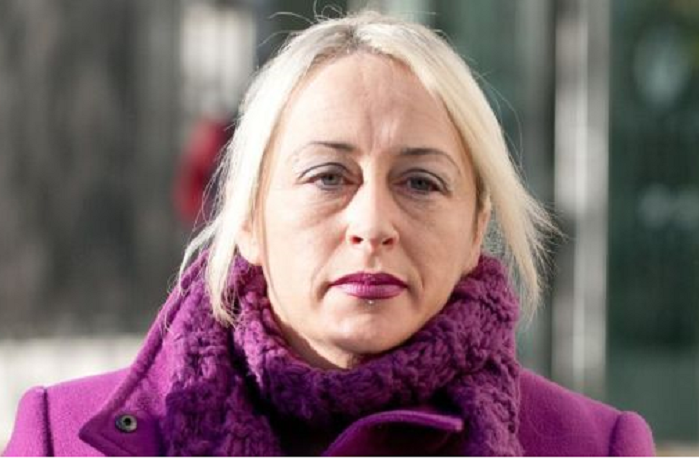The case has opened in Ireland of a woman accused of assisting someone in taking their own life, something which is currently illegal under Irish law.
In the first case of its kind in the Irish Republic, Gail O’Rorke is being prosecuted for assisted suicide. She is pleading “not guilty” to a charge of aiding, abetting, counselling or procuring the suicide of 51-year-old Bernadette Ford in June 2011 by helping her obtain and ingest a toxic substance.
The case will begin next week and a jury was empanelled this morning, with an instruction from the Judge that they should not serve on the jury if they are in any way biased on this issue. She also told them that they should ignore media coverage and avoid material on the internet.
The case comes hot on the heels of a judgement in June 2014 by the Supreme Court in the UK when it rejected an attempt to impose a right to assisted suicide. In the Nicklinson Case, a majority of seven judges to two dismissed a request to declare parts of the 1961 Suicide Act incompatible with human rights law.
Like this pro-life news article? Please support LifeNews during our current fundraising campaign with a donation!
While the facts involved in cases of people suffering with terminal illnesses are extremely tragic and deserve our sympathy and support, the reality is that if there is any acceptance in the law that people can end their lives, there is a real danger that this will have the effect of causing distress to the elderly and most vulnerable members of our society, who may start to feel that they are a “burden” to their families. In that way, there can be a pressure to opt for assisted suicide.
A true vision of human rights is one that reassures vulnerable groups within society that we oppose assisted suicide and euthanasia and cherish the dignity and worth of every human life. There is a real challenge in Irish society at the moment as we try to create a society that ensures that everyone is accorded the respect due to them as members of the human family while at the same time providing every possible comfort and support to people who are nearing the end of their natural lives.
It is to be hoped that as this case progresses through the Irish court system, commentators will recognise their obligation to address all matters arising in a calm and balanced way so that this challenge can begin to be met.








